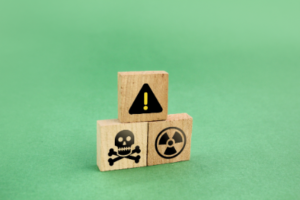
Long-Term Exposure to Chemicals: Does It Increase Cancer Risk?
In modern industrial and daily life, various chemicals are ubiquitous. From factory work to household cleaning products, food additives, and environmental pollution, long-term exposure to these substances can carry potential health risks. Recent studies indicate that individuals who are chronically exposed to certain chemicals may indeed face a higher risk of developing cancer. Understanding exposure sources, identifying high-risk groups, and taking preventive measures are therefore essential for effective health management.









